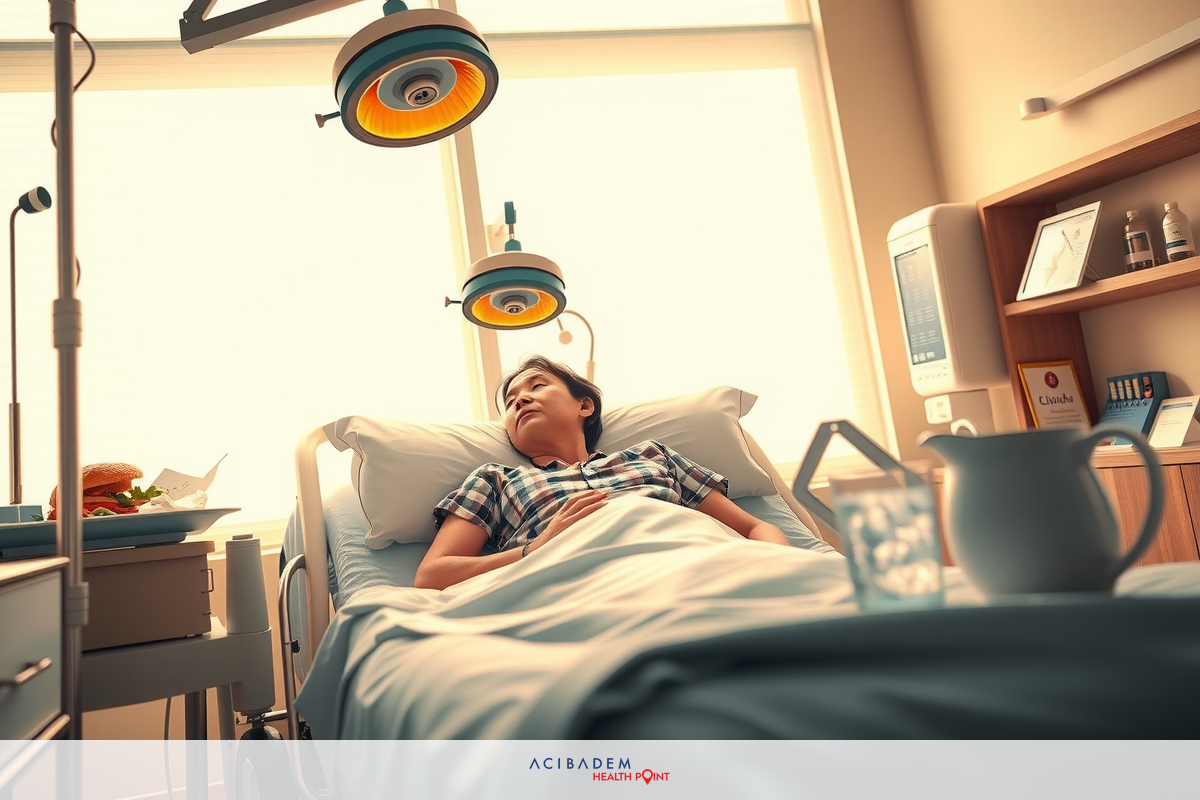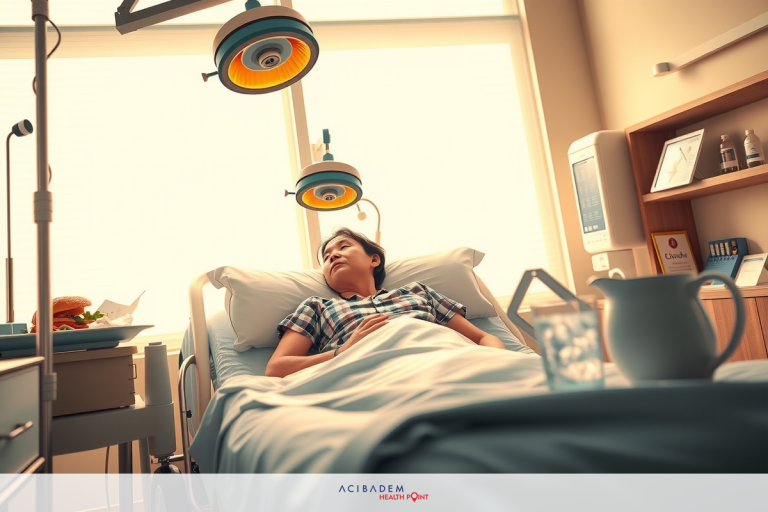How Long is the Recovery Period After Rhinoplasty
How Long is the Recovery Period After Rhinoplasty Rhinoplasty, a surgical alteration of the nose, often prompts questions about recovery times. Patients wonder how long before they can resume daily routines and activities. Understanding this timeline helps in planning leave from work or scheduling social engagements.
Recovery duration varies depending on individual health factors and the complexity of the surgery itself. Post-operative care plays an instrumental role in healing speed and effectiveness. Patients are encouraged to follow guidelines provided by their medical team to ensure smooth recovery.
A number of tips can be beneficial for individuals recovering from rhinoplasty – managing discomfort, dealing with swelling, and maintaining overall well-being during this period. As you navigate through your personal journey towards healing after rhinoplasty, remember that patience and adherence to post-surgery instructions greatly influence outcomes.
What to Expect During the Recovery Period
The recovery period after rhinoplasty is often filled with anticipation, as patients eagerly await their new appearance. However, it’s important to remember that healing takes time and varies from person to person. The first week following surgery can be the most challenging; bruising and swelling are expected. Despite these temporary changes, they serve as a part of your body’s natural healing process following nasal surgery.
As you move into the second week post-rhinoplasty, improvements start to show more noticeably. Swelling starts subsiding; breathing becomes easier when nasal passages begin to clear up. By this stage in the recovery period, many feel comfortable enough for social interactions or returning back to work if their job doesn’t involve strenuous physical activity.
Lastly, patience will be your best friend during this recovery period: seeing final results can take up anywhere between six months up till a year! This duration might seem long but bear in mind each day brings subtle changes leading towards the refined nose shape you desired. Overall adherence to post-operative care instructions provided by your medical team significantly influences how smoothly one heals from rhinoplasty.
Tips for a Smooth Recovery
Rhinoplasty recovery is a journey that requires patience and care. A few key practices can greatly enhance the healing process, ensuring you achieve the best results from your nasal surgery. Here are some guidelines to consider.
- Rest: Proper rest is crucial during the recovery period after rhinoplasty. Ensure you get plenty of sleep and avoid strenuous activities.
- Elevation: Keep your head elevated, especially while sleeping, to help reduce swelling.
- Hydration : Staying well-hydrated aids in speeding up the healing process. 4. Healthy diet: A balanced diet rich in vitamins and proteins boosts immunity and promotes faster healing.
- Avoiding Nasal Strain: Refrain from blowing your nose or any activity causing excessive nasal strain during early stages of recovery.
- Follow-up appointments: Regularly attend all post-operative care appointments with your medical team to monitor progress.
Incorporating these suggestions into your daily routine will contribute substantially towards a smooth rhinoplasty recovery journey, balancing out the duration between discomfort phases and visible improvements!
Managing Discomfort and Swelling

As part of the healing process after a rhinoplasty, discomfort and swelling are common occurrences. However, these symptoms can be effectively managed with appropriate care strategies. It’s important to remember that while these sensations may cause temporary inconvenience, they are proof of your body working towards repairing itself post-nasal surgery.
In terms of managing discomfort, pain medication prescribed by your surgeon provides relief in the initial days following surgery. Ice packs applied indirectly around the nose area (avoiding direct contact) can also alleviate soreness and reduce inflammation. Light walks within your home not only keep you active but also enhance blood circulation which contributes to easing discomfort during this recovery period.
Swelling is another significant aspect noticeable primarily in the first two weeks after rhinoplasty but gradually subsides over time. Patience plays a key role here as it takes several months for residual swelling to entirely disappear revealing final results from your nasal surgery. Keeping head elevated even while sleeping helps manage this symptom better; moreover consuming foods rich in anti-inflammatory properties like berries or turmeric aids internally towards reducing puffiness faster.
By practicing patience along with adhering to suggested care measures, dealing with discomfort and swelling becomes an easier task on your journey towards complete recovery from rhinoplasty!
Frequently Asked Questions
How long does the overall rhinoplasty recovery period last?
The initial phase of significant healing occurs within two weeks, but complete recovery can take up to a year. Remember that this duration varies from person to person based on individual health factors and the complexity of the surgery.
What should I expect in terms of healing time immediately following surgery?
The first week post-surgery is usually when discomfort and swelling are at their peak. Improvements start becoming noticeable into the second week with gradual reduction in puffiness and ease in breathing.
Are there specific post-operative instructions I need to follow for successful recovery?
Yes, your medical team will provide detailed guidelines including medication schedules, dietary recommendations, physical activity limits etc. Adherence to these instructions plays an instrumental role toward smooth recovery after rhinoplasty.
Yes, your medical team will provide detailed guidelines including medication schedules, dietary recommendations, physical activity limits etc. Adherence to these instructions plays an instrumental role toward smooth recovery after rhinoplasty.
Light activities like walking can be resumed several days post-surgery; however, rigorous exercise should be avoided until cleared by your surgeon - typically around 3-6 weeks depending upon individual healing progress.











